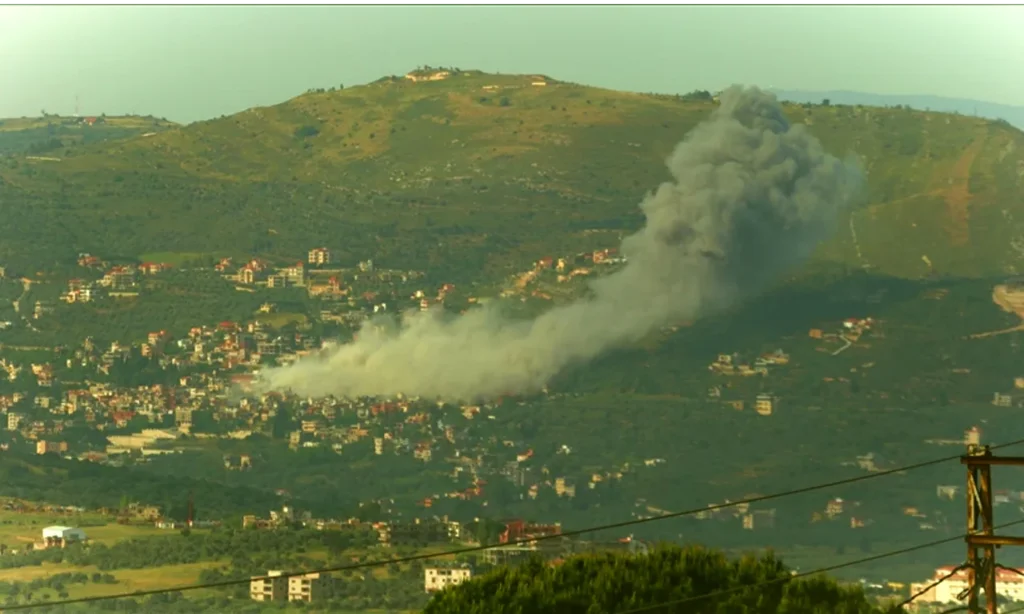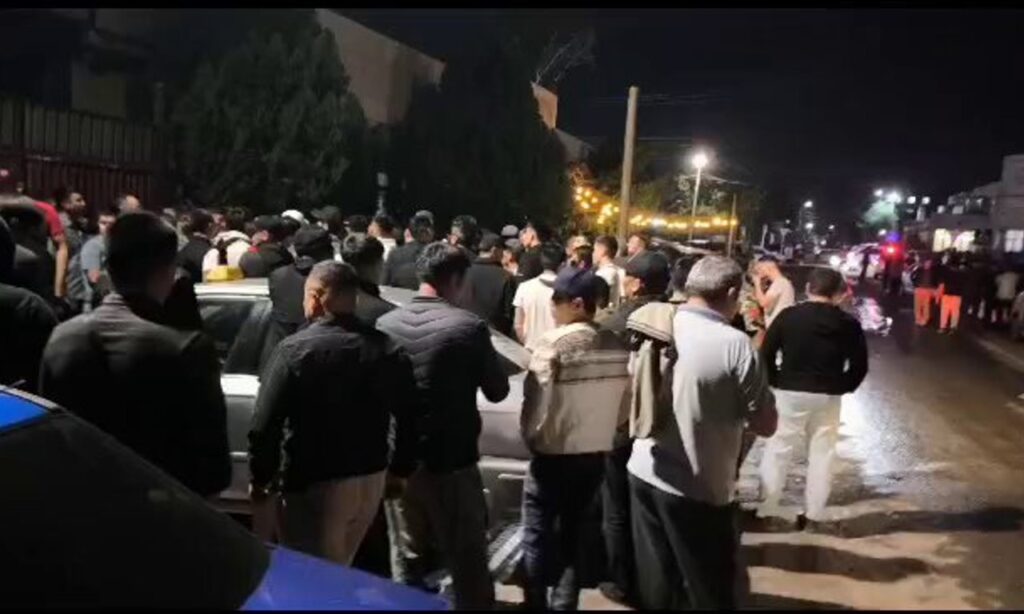In a significant escalation, Israel Approves Lebanon Offensive Amid Hezbollah Tensions. A military statement revealed that the head of Israel’s Northern Command, Maj. Gen. Ori Gordin, and the chief of its Operations Directorate, Maj. Gen. Oded Basiuk approved the offensive plans. This development comes after months of cross-border attacks between the two sides, heightening regional tensions considerably.
Background of the Conflict
The decision to approve a military offensive in Lebanon is rooted in ongoing hostilities between Israel and Hezbollah. For several months, cross-border attacks have intensified, creating a volatile situation that threatens regional stability. Both sides have exchanged heavy fire, leading to casualties and significant property damage in affected areas.
Details of the Offensive Plan
According to the military statement, the approved plans focus on neutralizing Hezbollah’s strategic positions and minimizing their operational capabilities. The offensive aims to dismantle Hezbollah’s infrastructure, targeting key sites used for launching attacks against Israel. Israel’s military emphasizes the necessity of this offensive, citing increasing threats from Hezbollah’s arsenal.
Leadership and Strategic Decisions
The approval of the offensive by Maj. Gen. Ori Gordin and Maj. Gen. Oded Basiuk highlights the gravity of the situation. These senior commanders are tasked with ensuring the operational success of the military campaign. Their strategic decisions underscore the importance of maintaining Israel’s security and protecting its borders from ongoing threats.
International Reactions
As Israel approves plans for a military offensive in Lebanon, international reactions are mixed, reflecting diverse geopolitical interests. Some countries express concern over the potential for escalating violence and regional instability. Others understand Israel’s position, acknowledging the necessity of defensive measures against persistent threats from Hezbollah.
Potential Impact on Regional Stability
The approved military offensive in Lebanon could have far-reaching implications for regional stability and security. Increased military activity may lead to broader conflicts, drawing in neighboring countries and international forces. The situation’s volatility necessitates careful monitoring, with diplomatic efforts needed to prevent further escalation.
Humanitarian Concerns
The military offensive in Lebanon raises significant humanitarian concerns, particularly for civilians caught in the crossfire. Humanitarian organizations urge both sides to prioritize the protection of non-combatants and provide safe passage for those in conflict zones. The international community calls for adherence to international humanitarian law to mitigate civilian suffering.
Diplomatic Efforts and Future Prospects
While military preparations proceed, diplomatic efforts continue to seek peaceful resolutions and de-escalate tensions between Israel and Hezbollah. Regional and international actors play crucial roles in mediating the conflict and promoting dialogue. The prospects for peace depend on sustained diplomatic engagement and mutual concessions from both parties.
In conclusion, Israel Approves Lebanon Offensive Amid Hezbollah Tensions, marking a critical juncture in the conflict. The approval by Maj. Gen. Ori Gordin and Maj. Gen. Oded Basiuk underscores the strategic importance of this operation. As international reactions and diplomatic efforts unfold, the situation remains highly dynamic and complex. The approved offensive highlights the urgent need for a balanced approach, prioritizing security while addressing humanitarian and diplomatic concerns to prevent further escalation.




